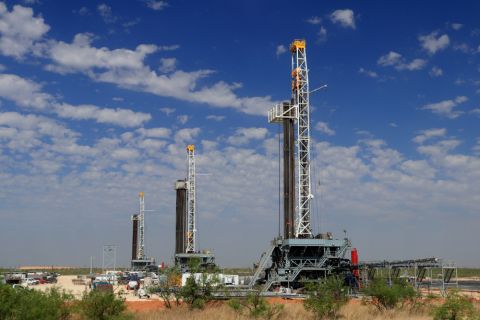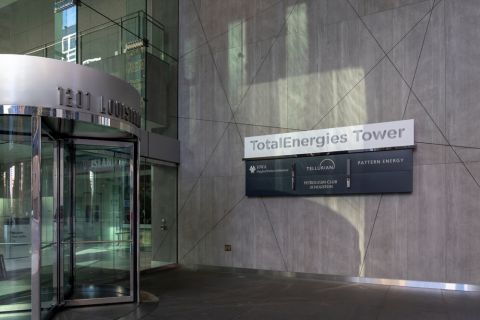Drilling in the Gulf of Mexico may be complicated by a decline in productivity, says Noble Affiliates Inc. president and chief executive officer Chuck Davidson. Noble has an 80-well Gulf drilling plan for 2001. He expects the company to achieve the goal, having a lot of the needed rigs already contracted. But the speed at which wells are drilled is in decline. "I've seen some productivity decrease in our offshore rig crews," he says. "It's taking longer to drill some wells than it has in the past." Dayrates have increased in the Gulf but he is more concerned with productivity currently. It is common for wells to have to be sidetracked because of pipe problems, for example, but the frequency of this in the Gulf has grown this year, resulting in delays. "One of the years in which we saw great drilling performance was [in 1999] when the business was slack," he says. During the 1998-99 industry recession, rig hands remaining in employment were among the best. He adds, however, that some of the problem is due to the difficulty of the jobs that rig crews are being given. "The industry is drilling some tougher prospects right now...challenging our people in the service companies even more." Noble's 80-well Gulf program includes exploratory as well as development wells. Its worldwide capital expenditure budget for 2001 is approximately $700 million, up from $526 million in 2000. Both figures exclude capex for acquisitions. Despite a record number of rigs drilling for gas in the U.S., they're contributing less to production. UBS Warburg reports its first-quarter survey indicates U.S. gas production declined 1.6% from first-quarter 2000 and 0.3% from fourth-quarter 2000. Meanwhile, the U.S. gas-rig count averaged 898 rigs in the first quarter and 818 the 12 months through March 2000.
Recommended Reading
TPH: Lower 48 to Shed Rigs Through 3Q Before Gas Plays Rebound
2024-03-13 - TPH&Co. analysis shows the Permian Basin will lose rigs near term, but as activity in gassy plays ticks up later this year, the Permian may be headed towards muted activity into 2025.
E&P Highlights: April 15, 2024
2024-04-15 - Here’s a roundup of the latest E&P headlines, including an ultra-deepwater discovery and new contract awards.
E&P Highlights: March 15, 2024
2024-03-15 - Here’s a roundup of the latest E&P headlines, including a new discovery and offshore contract awards.
TotalEnergies Acquires Eagle Ford Interest, Ups Texas NatGas Production
2024-04-08 - TotalEnergies’ 20% interest in the Eagle Ford’s Dorado Field will increase its natural gas production in Texas by 50 MMcf/d in 2024.
E&P Highlights: March 4, 2024
2024-03-04 - Here’s a roundup of the latest E&P headlines, including a reserves update and new contract awards.





